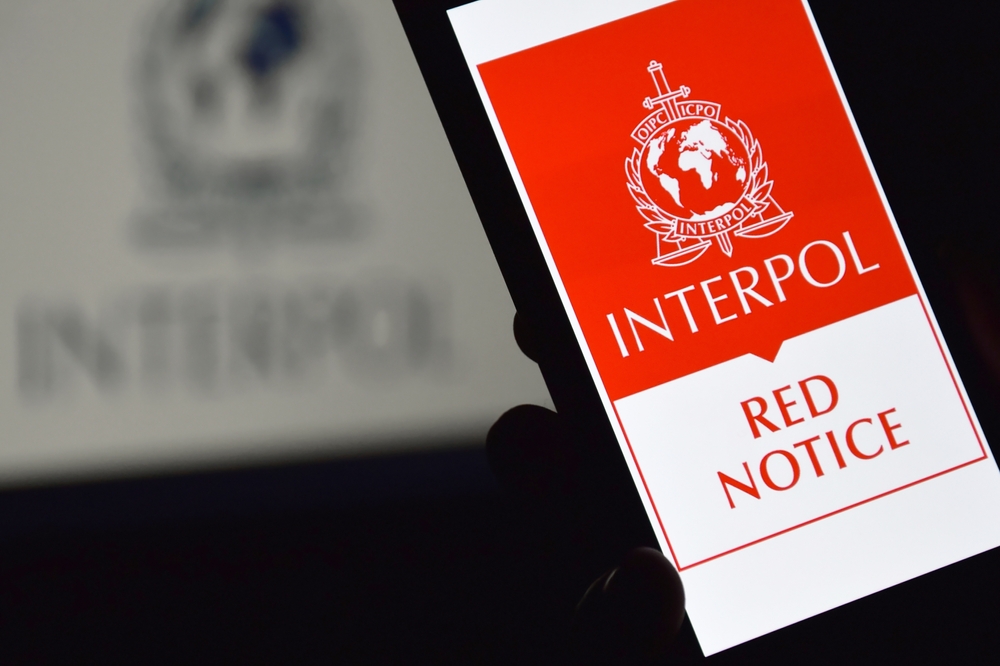Continuing our Back to Basics series, we turn to perhaps the most frequently misunderstood element of international policing: the Red Notice itself.
A Red Notice is not an international arrest warrant. It carries no independent legal authority to compel arrest. Rather, it is a request from one Interpol member country seeking the location, arrest, and potential extradition of a specific individual wanted for criminal prosecution or to serve an existing sentence. Red Notices circulate through Interpol’s database to all 196 member countries, containing basic identifying information including name, date of birth, nationality, photograph, and details of alleged offences. However, how countries respond to these notices varies dramatically. Some jurisdictions treat Red Notices as grounds for immediate provisional arrest. Others view them merely as alert systems, taking no action without formal extradition requests.
Come what may, Red Notices typically result in either arrest or severe restrictions on international travel. For those subject to notices, border crossings become dangerous encounters, and international movement often becomes impossible. Member countries can also request cooperation through “diffusions” – alerts circulated directly by a country’s National Central Bureau rather than processed centrally by Interpol. Though involving less formal procedures, diffusions carry virtually identical practical consequences to Red Notices.
Only a tiny fraction of Red Notices appear on Interpol’s publicly searchable database. Diffusions never appear publicly. Concerned individuals can contact local police authorities or submit requests to Interpol’s Commission for the Control of Files (CCF), though disclosure isn’t guaranteed. As Interpol lawyers Ben Keith y Rhys Davies note in their practice, understanding what Red Notices are – and crucially, what they are not – is essential for anyone navigating this system. Our final instalment examines how to challenge and remove these notices.
See Part 1 of Back to Basics – ¿Qué es Interpol? aquí.
—
Image: ©Shutterstock


